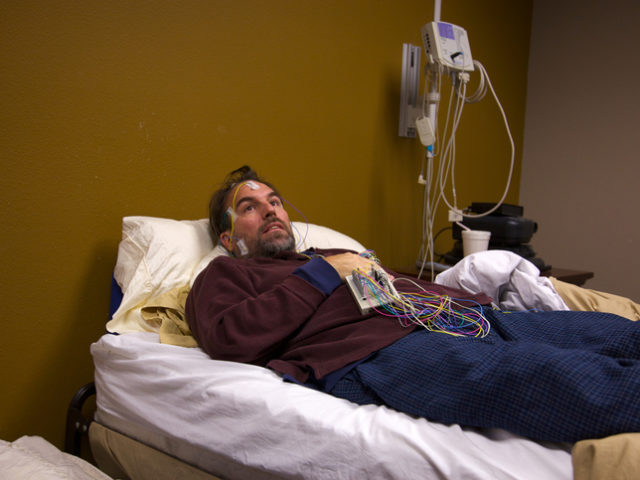Humans, like all animals, need sleep, along with food, water and oxygen, to survive. For human’s sleep is a vital indicator of overall health and well-being. We spend up to one-third of our lives asleep, and the overall state of our “sleep health” remains an essential question throughout our lives. Most of us know that getting a good night’s sleep is important, but too few of us actually make those eight or so hours between the sheets a priority. Sleep needs vary across ages and are especially impacted by lifestyle and health.
Having a hard time falling asleep on some or most nights? It is said, that short sleep duration and compromised sleep quality frequently lead to high blood pressure, diabetes, metabolic and cardiovascular diseases, and even premature death. Given the high prevalence of sleep problems, it’s important to know how changes to diet and lifestyle can help improve sleep. How well people sleep each night has been a target of research, because it’s thought to be an indicator of whether or not they are successful in losing weight. If you are having trouble sleeping, being part of a sleep study may be beneficial. Here is what to expect from a sleep test if you decide to undergo one:
Based on your own online research, you’ve scheduled to have a sleep study performed to help you better understand why your sleep habits are negatively impacting your life. Whether your symptoms include chronic snoring, pauses or gasps during sleep, excessive daytime sleepiness, falling asleep at inappropriate times, trouble falling asleep at all, or a number of other sleep related disorders or medical conditions, having a sleep study performed can help you get to the bottom of your ailment, and start getting the treatment you need to better your life.
Three Types of In-lab Sleep Studies:
In preparation for your in-lab sleep study, it’s important to know some of the key differences between the different types of sleep studies offered at sleep clinics.
1. Polysomnogram (PSG): A polysomnogram is an overnight sleep study that records brain activity, eye movements, heart rate, blood pressure, oxygen levels, body movement, and more. Polysomnograms are used to help diagnose some of the following:
- Sleep related breathing disorders such as obstructive sleep apnea (OSA)
- Sleep related seizure disorders
- Sleep related movement disorders such as periodic limb movement disorder (PLMD)
- Sleep related disorders caused by excessive daytime sleepiness (EDS)
2. Multiple Sleep Latency Test (MSLT): A MSLT is a sleep study that is performed during the day to measure how sleepy you get or to distinguish whether breathing treatments for your disorder are working properly. MSLT’s generally follow a Polysomnogram and record whether you fall asleep during the test, and if so, which stages of sleep you enter. In an MSLT you are generally given five 20-minute nap opportunities spaced 2 hours apart while a sleep technician monitors your brain activity and eye movements. An MSLT is often used to test for narcolepsy.
3. Maintenance of Wakefulness Test (MWT): A MWT is a daytime sleep study that measures how alert you are during the day and your ability to stay awake. They are usually performed after a Polysomnogram (PSG)) and can help determine if your sleepiness is a safety concern. Results of an MWT can be critical if a person’s job involves for example, public transportation. Often, employers will require an employee to have an MWT if they have a history of excessive daytime sleepiness or other related sleep disorders.
What to Expect:
Most sleep clinics want you to go about your nightly routine to achieve the best results. If you over-prepare or do things differently leading up to your sleep study, the results may not be as accurate as they would if you kept to your normal routine. It sounds crazy, but a sleep tech wants to see you at your worst, so that they can recommend a treatment that is the best.
When you arrive for your sleep study, you will be met by a registered polysomnographic technologist (RPSGT) who will be administering your sleep study. They will generally go over your paperwork, have you fill out any necessary forms, and review with you what the sleep study will entail. After collecting your health history as well as some vitals like your blood pressure, the tech will apply monitors to measure activity in your body as you sleep. This will normally include: Wires with small cup electrodes attached to your scalp with a conductive paste to measure brain activity. This lets the tech know if you are sleeping, and what stage of sleep you are in.
If you may be a candidate for a sleep test call Gingras Sleep Medicine at Phone (704) 944-0562 to request an appointment.

